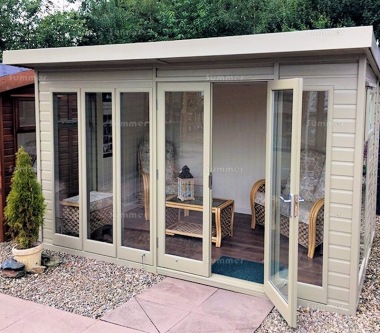All Categories
Featured
Table of Contents
What Are The Benefits Of Double Glazed Windows? in Swanbourne Western Australia
Glazing just means the windows in your house, consisting of both openable and fixed windows, along with doors with glass and skylights. Glazing in fact just means the glass part, however it is usually utilized to refer to all aspects of an assembly including glass, films, frames and furnishings. Focusing on all of these elements will assist you to attain efficient passive design.

Energy-efficient glazing makes your home more comfy and significantly decreases your energy costs. Unsuitable or improperly created glazing can be a major source of undesirable heat gain in summertime and considerable heat loss and condensation in winter. Up to 87% of a home's heating energy can be acquired and as much as 40% lost through windows.
Brisbane's Best Double Glazed Windows in North Perth WA
Glazing is a substantial financial investment in the quality of your house. The cost of glazing and the cost of heating and cooling your house are carefully related. An initial financial investment in energy-efficient windows, skylights and doors can greatly minimize your yearly heating and cooling expense. Energy-efficient glazing also decreases the peak heating and cooling load, which can lower the required size of an air-conditioning system by 30%, resulting in more expense savings.

This tool compares window choices to a base level aluminium window with 3mm clear glass. Comprehending some of the essential residential or commercial properties of glass will assist you to choose the finest glazing for your home. Key properties of glass Source: Adapted from the Australian Window Association The amount of light that goes through the glazing is known as visible light transmittance (VLT) or noticeable transmittance (VT).
Double Glazed Windows: A Complete Guide in Mahogany Creek Perth
This might lead you to turn on lights, which will lead to greater energy costs. Conduction is how readily a product performs heat. This is called the U value. The U worth for windows (revealed as Uw), explains the conduction of the entire window (glass and frame together). The lower the U worth, the greater a window's resistance to heat flow and the better its insulating value.
If your house has 70m2 of glazing with aluminium frames and clear glass with a U value of 6. 2W/m2 C, on a winter season's night when it is 15C chillier outside compared to indoors, the heat loss through the windows would be: 6. 2 15 70 = 6510W That is comparable to the total heat output of a big room gas heating system or a 6.
Lifestyle - West Coast Double Glazing in Wembley Downs Perth

If you pick a window with half the U worth (3. 1W/m2 C) (for instance, double glazing with an argon-filled space and less-conductive frames), you can cut in half the heat loss: 3. 1 15 70 = 3255W The solar heat gain coefficient (SHGC) for windows (expressed as SHGCw) determines how easily heat from direct sunlight streams through an entire window (glass and frame together).
The lower a window's SHGC, the less solar heat it transmits to your house interior. Glazing producers state an SHGC for each window type and design. Nevertheless, the real SHGC for windows is affected by the angle that solar radiation strikes the glass. This is understood as the angle of incidence.
Faq in Medina WA
When the sun is perpendicular (at 90) to the glass, it has an angle of occurrence of 0 and the window will experience the optimum possible solar heat gain. The SHGC stated by glazing manufacturers is constantly computed as having a 0 angle of incidence. As the angle increases, more solar radiation is reflected, and less is transmitted.
Latest Posts
Pros And Cons Of Argon Gas In Windows in Ridgewood WA
Does Double Glazing Have A Vacuum? in Shoalwater WA
Double & Triple Glazing Windows In Warwickshire in Perth